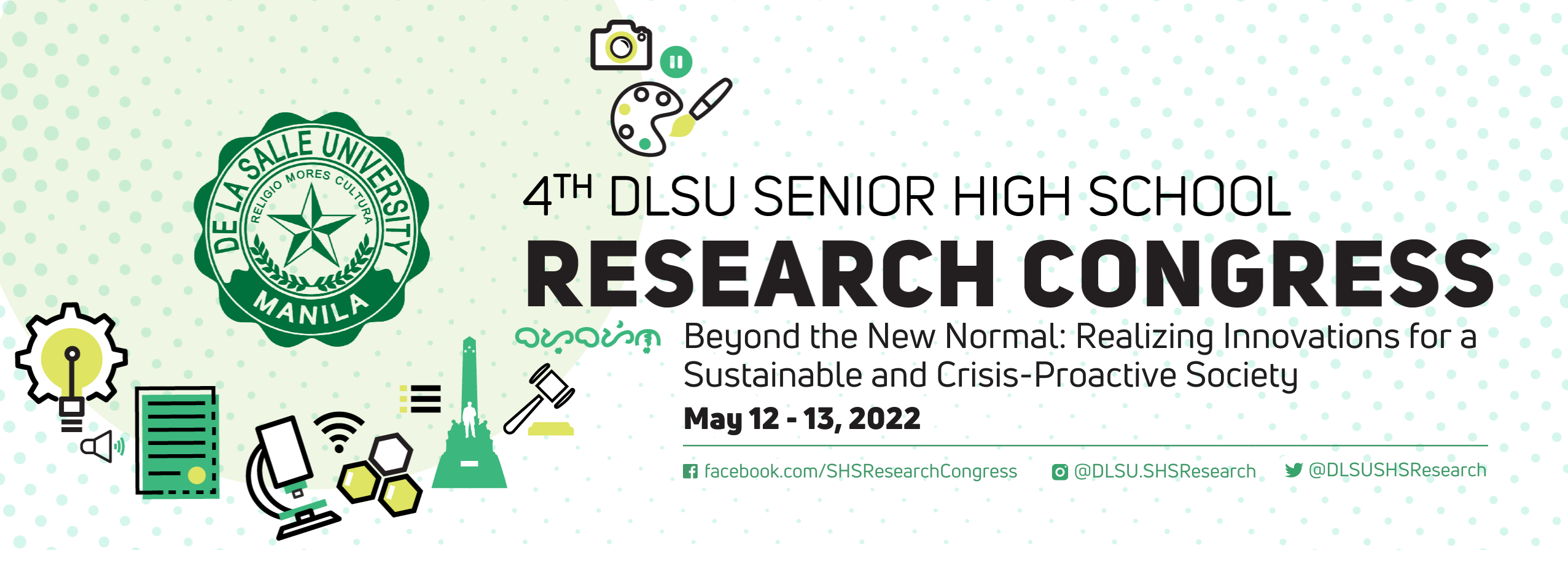Epistemic Injustice and Indigenous Education in the Philippines
Document Types
Paper Presentation
Research Theme (for Paper Presentation and Poster Presentation submissions only)
Theoretical, Philosophical, and Historical Studies (TPH)
Research Advisor (Last Name, First Name, Middle Initial)
Mark Anthony L. Dacela
Start Date
12-5-2022 1:00 PM
End Date
12-5-2022 3:00 PM
Abstract/Executive Summary
Epistemic injustices are wrongs done in relation to a person’s capacity as a knower. These actions are caused by prejudice and involve the distortion and neglect of opinions and ways of knowing of certain marginalized groups. Hermeneutical injustice is an epistemic injustice that occurs when a person is unable to communicate or understand her experience. This happens when the scholarship, journalism, and discourse within a community fail to include the experiences of a marginalized group. Indigenous Peoples (IPs) are vulnerable to hermeneutical injustice since their way of living is unfamiliar and thus obscure to others. This leads to the exclusion of their ideas from public discourse, especially those that are important for human and societal development. This gap is observed in IP education when learning programs fail to meet their unique learning needs. In the Philippines, the Indigenous Peoples Education (IPEd) program is implemented with the objective to match the basic education curriculum with the specific cultural context of an IP group. However, issues were raised concerning the execution and implementation of the program. In this paper, informed by case studies done on the implementation of the IP education program (IPEd) of the Philippines, we identify instances of epistemic injustices suffered by the Indigenous Peoples in the country, as well as the effects of these epistemic harms in their lives (e.g., lack of job opportunities and widened poverty). We also benchmark how Southeast Asian countries address concerns in their Indigenous education systems and offer recommendations based on their frameworks.
Keywords
epistemic injustice; hermeneutical injustice; indigenous people; indigenous education; Philippines
Epistemic Injustice and Indigenous Education in the Philippines
Epistemic injustices are wrongs done in relation to a person’s capacity as a knower. These actions are caused by prejudice and involve the distortion and neglect of opinions and ways of knowing of certain marginalized groups. Hermeneutical injustice is an epistemic injustice that occurs when a person is unable to communicate or understand her experience. This happens when the scholarship, journalism, and discourse within a community fail to include the experiences of a marginalized group. Indigenous Peoples (IPs) are vulnerable to hermeneutical injustice since their way of living is unfamiliar and thus obscure to others. This leads to the exclusion of their ideas from public discourse, especially those that are important for human and societal development. This gap is observed in IP education when learning programs fail to meet their unique learning needs. In the Philippines, the Indigenous Peoples Education (IPEd) program is implemented with the objective to match the basic education curriculum with the specific cultural context of an IP group. However, issues were raised concerning the execution and implementation of the program. In this paper, informed by case studies done on the implementation of the IP education program (IPEd) of the Philippines, we identify instances of epistemic injustices suffered by the Indigenous Peoples in the country, as well as the effects of these epistemic harms in their lives (e.g., lack of job opportunities and widened poverty). We also benchmark how Southeast Asian countries address concerns in their Indigenous education systems and offer recommendations based on their frameworks.


